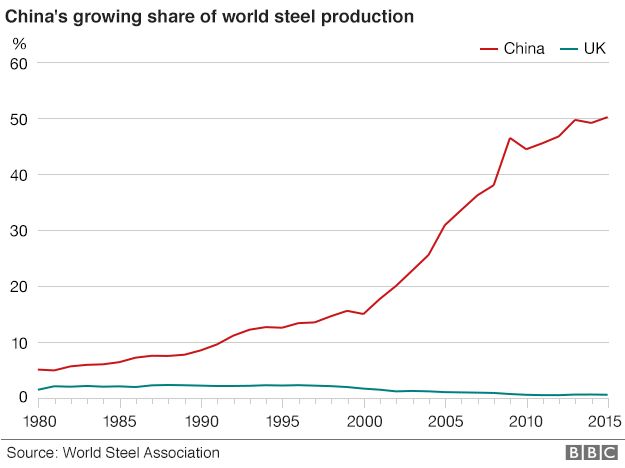S A Aiyar in the Times of India
A step forward in gender justice is the Supreme Court’s admission of the petition of a Muslim woman, Shayara Bano, pleading that polygamy and oral triple talaq —saying talaq thrice in succession — violate fundamental human rights, and hence are unconstitutional. Indian politics has always sabotaged gender justice for Muslim women. But the Supreme Court does not have to woo Muslim vote banks, and can be objective.
The mullahs are livid, of course. Kamal Farooqi of the All India Muslim Personal Law Board says, “This will mean direct interference of the government in religious affairs as Sharia religious law is based on the Quran and Hadith, and its jurisprudence is strong as far as Islam is concerned. It will be against the constitutional right to religious freedom.”
Sorry, but the Constitution makes it very clear that freedom of religion does not override fundamental rights, and does not bar reforms of traditional religious practices. Sharia law may permit the stoning to death of a woman for adultery, but our secular laws ban that. Sharia law may call for the amputation of fingers or hand of a thief, but not our secular laws. Sharia law may prohibit interest on loans, but Muslims giving or taking loans are subject to laws on interest payments.
Now, religious minorities have been allowed to continue with traditional personal laws on matters like marriage and inheritance. Jawaharlal Nehru had the courage to amend Hindu personal law, outlawing polygamy and providing female rights to inherit property, divorce, and remarry. Alas, he funked similar reforms for Muslims, leaving Muslim women as oppressed and subjugated as ever.
A Directive Principle of the Constitution says the state shall endeavour to secure for citizens a uniform civil code throughout India. This has never been implemented. Muslim conservatives are dead opposed. Religious objections apart, they say a civil code will become a form of Hindu oppression.
Some enlightened Muslims have urged modernization of Islamic personal law. But secular political parties know that conservatives control the Muslim vote, and woo them by saying Muslims themselves must take the initiative on reforms. In effect, secular parties have thrown Muslim women to the wolves in search of votes.
The BJP is the only party backing a common civil code, but its strong anti-Muslim instincts lead one to suspect it is keener on bashing Muslims than ending gender oppression.

Right fight: Politicians who say Muslims don’t want personal law reforms are thinking only of Muslim men
Oral triple talaq permits a man to utter three times that he is divorcing his wife, and she is at the mercy of his whims. In our travels through India, my late wife Shahnaz often spoke to Muslim women, who invariably said that one of the greatest injustices they faced was the ever-present threat of triple talaq. The same fears are expressed by Shayara Bano in her Supreme Court petition. “They (women) have their hands tied while the guillotine of divorce dangles perpetually ready to drop at the whims of their husbands who enjoy undisputed power.”
Women constitute half the Muslim population, but have no voice because of male subjugation. Politicians who say Muslims don’t want to reform personal laws are thinking only of male Muslims, not female Muslims. When oppressive Muslim laws keep women under the thumbs of men, they cannot express their true wants and have to follow male orders. Conservative Muslims have historically discouraged female education, keeping women disempowered and unable to strike out on their own.
If a referendum with secret voting is held among Muslim women, they will surely opt to abolish triple talaq and polygamy. But they are not given the chance. So they remain disempowered and subjugated,with the shameful complicity of secular parties claiming to represent universal rights.
The 2012 Committee on the Status of Women has made gender recommendations covering all religions. It seeks to ban triple talaq and polygamy. It seeks stronger provisions for maintenance payments to women and children (these can currently be cut off if a divorcee is “unchaste”). The Supreme Court should heed the report.
Forget the propaganda that a common civil code will mean Hindu oppression. Goa is the only state that disallows personal laws of all religions. It has a uniform civil code — with a few exceptions not relevant to Muslims — based on Portuguese colonial laws. Goa’s mullahs sought to extend Muslim personal law to Goa after liberation from Portuguese rule, but happily were foiled by the Goa Muslim Women’s Associations and Muslim youth activists. Muslims account for 8.3% of Goa’s population, and are a prosperous community. The civil code has not oppressed Goan Muslims or forcibly Hinduised them.
Any fear that a uniform civil code will mean Hindu oppression of Muslims will be exposed as groundless if India simply follows Goa’s example. The Supreme Court should point all political parties in Goa’s direction.








